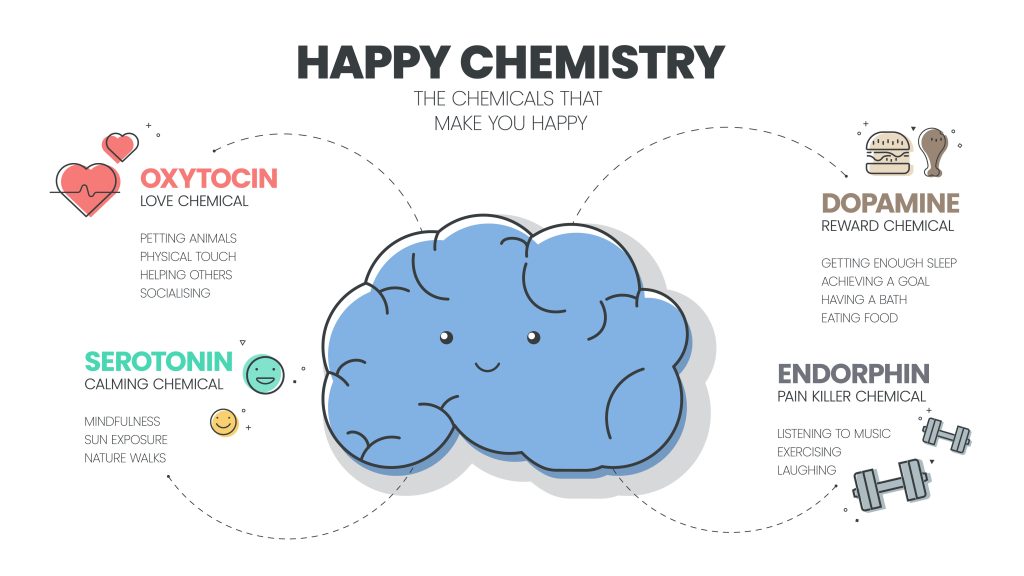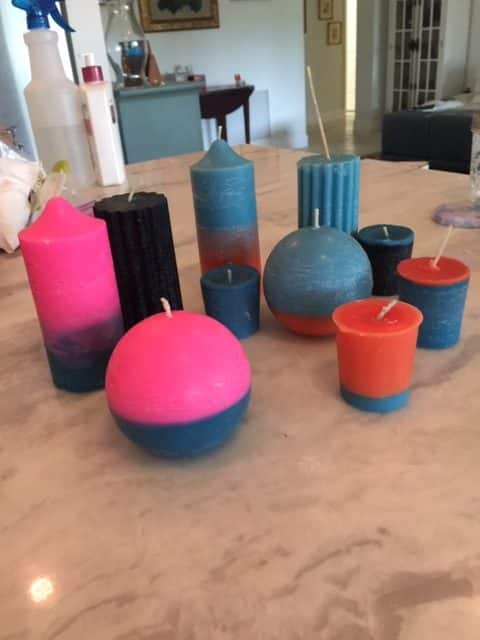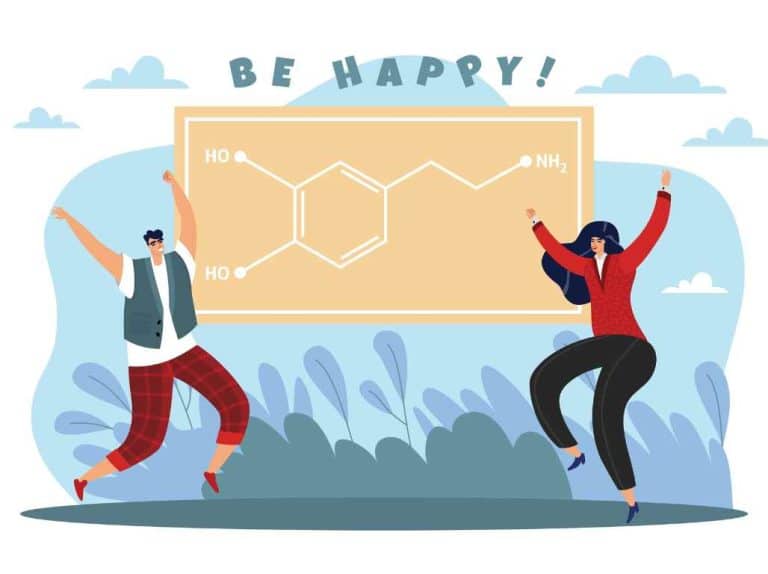What Is Dopamine And Why Does It Matter
You’ve heard of Dopamine, the feel-good hormone; but what do you know about how to get it? Let’s unpack. Dopamine is one of four feel-good hormones in the brain. Essentially, it makes you happy. And your body releases it with certain activities and behaviors ― many of which you already do every single day.
“Whenever we participate in activities that are considered essential from our body’s point of view, our brain releases a large amount of dopamine,” which is meant to encourage you to do this activity more, according to Dr. Kiran F. Rajneesh, the director of the neurological pain division and associate professor of neurology at the Ohio State University Wexner Medical Center.
Dopamine is the hormone makes you want to repeat certain behaviors, turning them into habits ― whether they are healthy or not. (Like substance misuse or smoking, for example.) Your brain doesn’t know the difference but you do. That’s the reason so much work in recovery is about retraining your brain to get your natural high from everyday activities, and here’s how: “The release of this hormone is also part of your body’s daily function. While this is not a cure for any disease or condition, it can be helpful to know when dopamine is released — and when you can expect to feel a little mood boost as a result,” says Dr. Rajneesh.
That’s why those of us in addiction recovery, or are fans of wellness, seek healthy activities that make us feel good, rather than intoxicants or unhealthy activities that lead to addiction or relapse.

How Can You Increase Dopamine When You Feel Depressed
We’d be the first to admit that when you’re depressed or feeling low, it’s really hard to do any of the so-called “healthy” things that science tells us will make us feel better. Science tells us drinking water when we’ve parched or finished exercising will increase the dopamine in our brain, and we’ll have a sense of happiness. Add some exercise to water-drinking, and you’ll ratchet up the endorphin feel-good hormones as well as the dopamine ones. You can feel happy a whopping two natural and healthy ways. That’s why you see all those exercise junkies with their gym bags and water bottles. They are getting natural highs.
If you’re feeling low and depressed, however, the last thing you’ll want to do is guzzle water and run around like a track star. You may head for less healthy activities (like drinking, gambling, shopping etc.) to get that feel-good feeling. In my case, I want to lie in bed, feeling sorry for myself. I’ll binge on watching movies I’ve seen before, or eat chocolate (or both), or read 15 mysteries in row and ignore tasks. But wait.
Everyday Activities Can Be Your Anti-Depressants
Here’s the surprising thing. My go-to anti-depressants are actually dopamine charging, be happy activities. Eating increases dopamine in your brain, which may be a reason people keep eating when they’re full, or turn to food when they feel low. I like myself better when I’m not over-indulging on treats that will make me feel bad later. I can feel better doing things I love without making any effort to be healthy.
How To Increase Dopamine In Your Brain
I’m going to list a few things that I do every day that activate the feel good hormones. I eat some food, drink water, exercise. I do Tai Chi, and puzzles. Video games also increase dopamine, but I prefer word games, myself. I’m a writer after all. I read newspapers and books, and my hobbies are cooking and writing.
Yes, I watch Hallmark seasonal movies all year long, and know that they will always increase the dopamine in my brain. You can see the list of things that can make me happy every day is long. Add going out into the sunshine or nature. I saw a cow and a horse today, counted lots of birds and walked my dog, Max. Having a pet is feel good. Hugging and loving ramps up the Oxytocin, so you can feel good through natural hormones in countless ways.


And You Can You Can Release Dopamine in Loved Ones’ Brains
Praise someone. Feel gratitude and appreciate someone with little acts of kindness. Hug someone every day. Make a few calls to people who are lonely. Volunteer. Every season is the season for it. These are all ways you can increase dopamine in your brain and in others’ brains as well. Every act and work of kindness does the trick.
One really common way that dopamine is released is when praising children for good behaviors, Dr. Rajneesh said in his article in the Huffington Post. “Praise triggers a release of dopamine in kids’ brains — and the same goes for praising pets. In these situations, their good behaviors are reinforced by the feel-good nature of that dopamine release, he said. “The same is true when adults receive praise. So sending a congratulatory email to your colleague or a celebratory text to a friend is actually doing more good than you think.”
More Feel Good Articles To Read
Helpful Tips For Relapse Prevention
Take The Gratitude Challenge To Connect
Gratitude for Children Of Alcoholics
Mental Health Tips To Feel Good Everyday
How Do We Get And Stay Happy





















